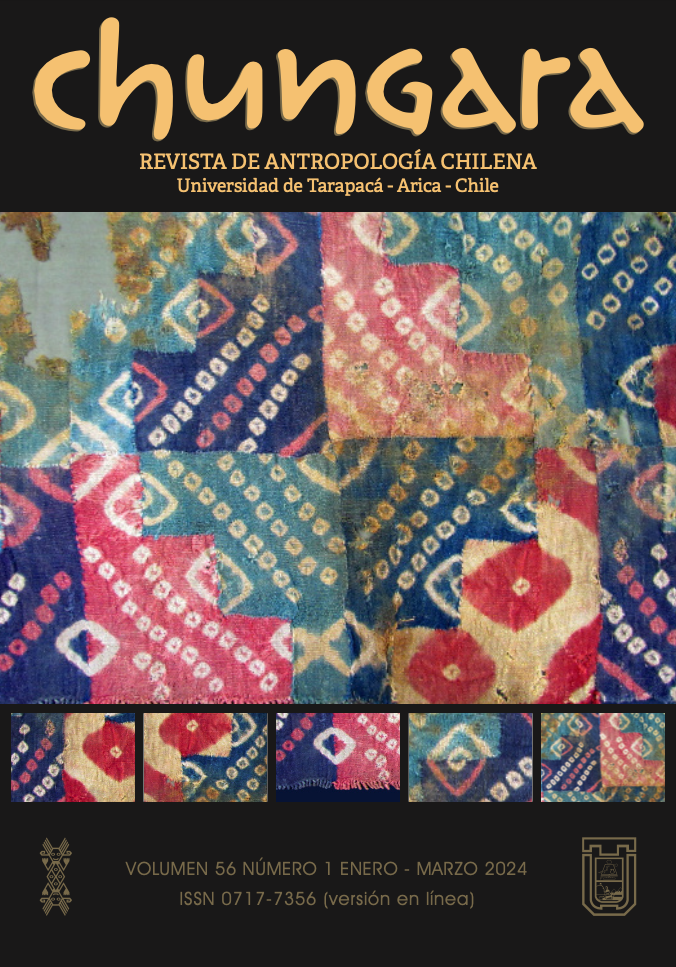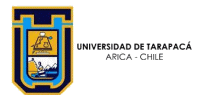20245603(en)/5 - Archaeology of a Rural Settlement and Its Urban Transition in Mendoza (Argentina): Transformations from the Eighteenth to the Twentieth Century
ARCHAEOLOGY OF A RURAL SETTLEMENT AND ITS URBAN TRANSITION IN MENDOZA (ARGENTINA): TRANSFORMATIONS FROM THE EIGHTEENTH TO THE TWENTIETH CENTURY
ARQUEOLOGÍA DE UN ASENTAMIENTO RURAL Y SU TRANSICIÓN URBANA EN MENDOZA (ARGENTINA): TRANSFORMACIONES DEL SIGLO XVIII AL XX
Cristina Prieto-Olavarría, Sebastián Silvestri, Lorena Puebla, Carlos Frías, Marcos Quiroga, Leonardo Castillo y Horacio Chiavazza
This paper analyzes the social changes that took place at Casa Molina Pico (Pedro Molina district, Guaymallén department, Mendoza), a rural settlement that transitioned from a rural to an urban environment between the 18th and 20th centuries. It examines the activities carried out at the property, changes in its function, and the consumption of manufactured goods, along with patterns of fauna exploitation. It is strategically located between the city center of Mendoza and the large Ciénaga del Bermejo wetland, the latter having a major impact on farmlands, the city, and transportation networks. By integrating archaeological analysis with cartographic evidence and historical records, we propose a gradual transition from a rural way of life focused on subsistence and local production in the 18th century to one associated with urban living and the wine industry, characterized by diversified consumption, during the 19th century, and becoming more consolidated in the 20th century. The transformation of the wetland ecosystem and urban expansion had an impact on fauna exploitation, as the use of wild species gave way to exclusive reliance on domestic animals.







